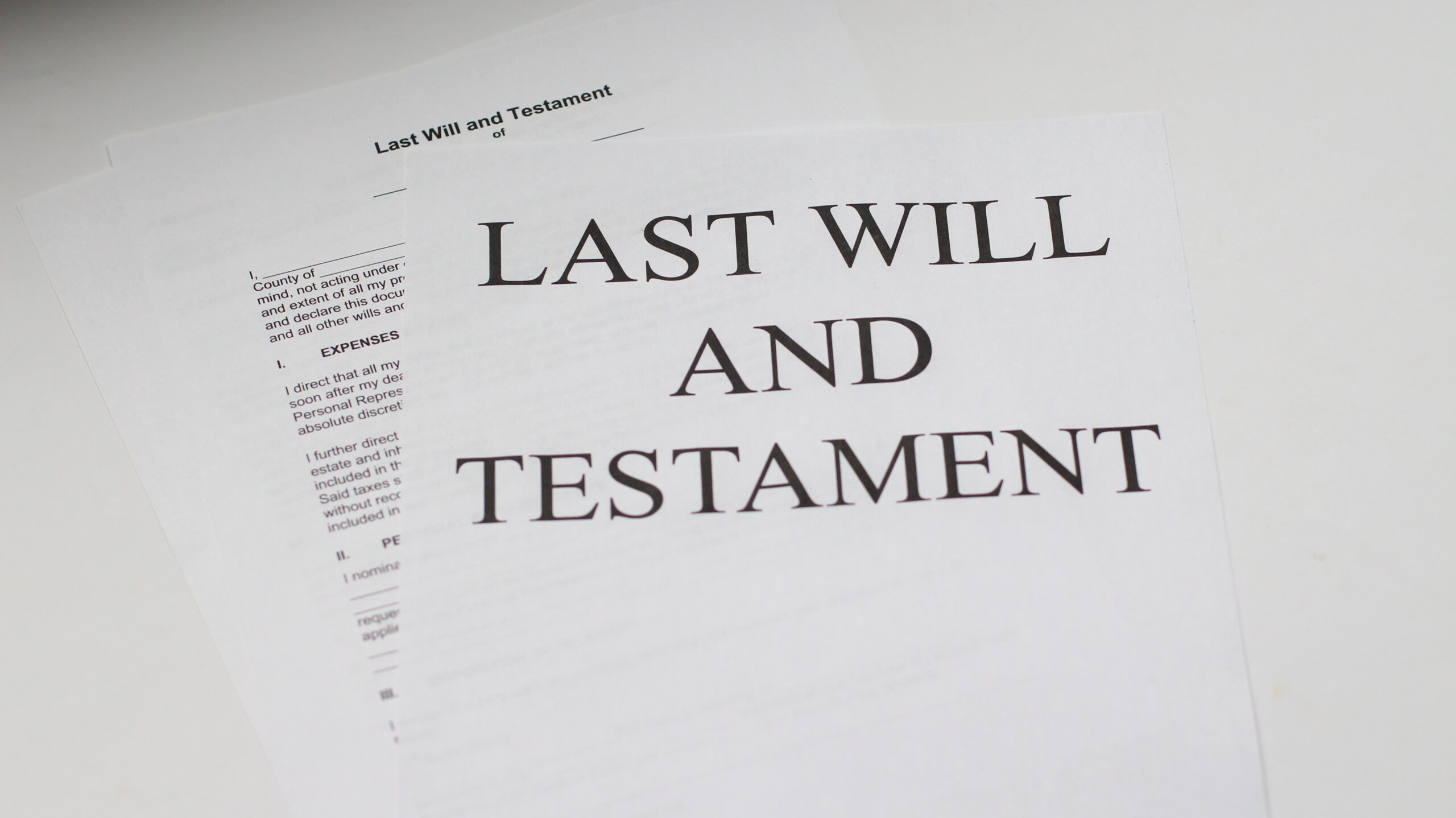On behalf of The Law Office of Wickersham and Bowers posted in Estate Planning on Monday June 12th, 2023.
Estate planning plays a crucial role in protecting assets while efficiently passing them along to loved ones at minimal tax costs. By employing effective strategies, estate planning allows you to safeguard hard-earned wealth for generations while simultaneously minimising taxes.
For optimal tax reduction, it is imperative to gain an intimate knowledge of estate taxes. Familiarize yourself with current estate tax laws and exemptions as well as thresholds and rates to stay informed and plan your estate strategically. Seeking professional assistance from an estate planning attorney or financial advisor may provide invaluable insight in navigating this arduous terrain.
Lifetime gifting is a powerful strategy to reduce estate taxes. By giving assets away during your lifetime to beneficiaries, you can reduce the overall size of your taxable estate and take advantage of the annual gift tax exclusion, which allows tax-free gifts of a certain amount each year per recipient – an approach which enables wealth transfer without incurring significant tax implications. For larger gifts that exceed this annual exclusion threshold, filing a gift tax return and using your lifetime exclusion could be necessary – for more details see this page on filing returns.
Trusts can be powerful estate planning tools, helping reduce taxes and protect assets. Consider setting up irrevocable trusts such as generation-skipping trusts to transfer wealth directly to future generations without incurring estate taxes. Trusts also allow flexibility and control over asset distribution with potential tax advantages – speaking with an experienced estate planning professional can assist in selecting suitable trust structures for you.
Certain assets, like life insurance policies and retirement accounts, may be transferred tax-free when designated as beneficiaries for them. By designating loved ones as beneficiaries for these accounts, you can ensure a tax-free transfer of wealth. It is crucial to review and revise beneficiary designations regularly so they align with your estate planning goals.
Estate planning requires careful legal and financial considerations. Hiring an experienced estate planning attorney or financial advisor can be invaluable in helping to navigate complex tax laws, identify personalized strategies and stay abreast of evolving regulations.
Take the necessary steps now to safeguard your legacy and prepare for tomorrow.









